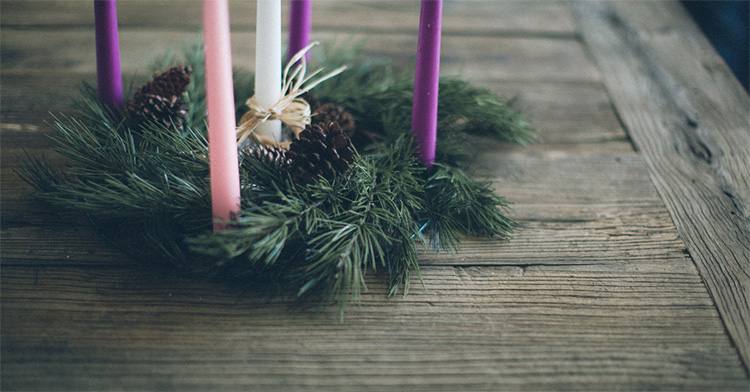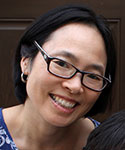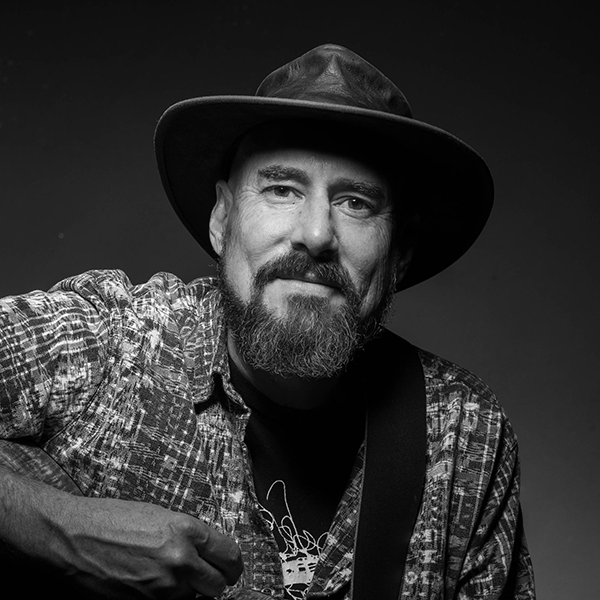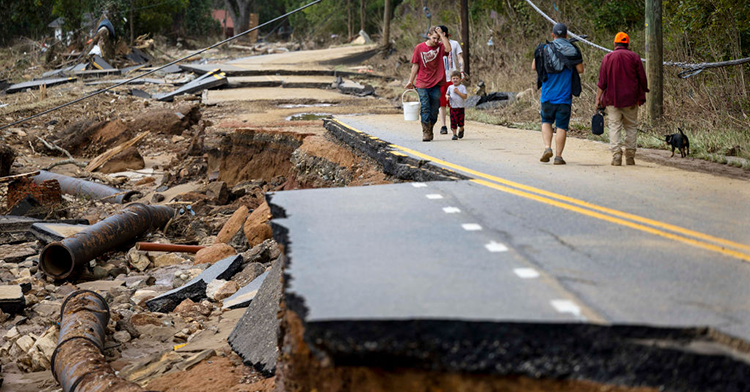“We always always long for something and we believe that what we long for is this or that, this person or that person, this thing or that thing, but actually we’re longing for God, because the human being is a continuous prayer, a person is a prayer through his or her longing.”
— Jon Fosse, “Septology”
I’m one of those who “always always long for something,” ever conscious of that gaping inner chasm. If I had to come up with one word to describe myself and my faith, it would be “Longing,” with a capital L.
I remember when I first learned that there’s actually a season in the church calendar for our great longing, a season that felt as if it was made just for me.
It was my first year out of college, and I was living in France at the time. One late November evening, my German flatmate invited some of our friends over. The scent of citrus and spice filled our apartment as she passed around glasses of mulled wine.
She gathered us around our dining table, where she had set a large, pale candle in the middle of a green wreath. As we sat in the dark, the room lit only by the streetlamps outside the window, my flatmate explained that it was the first day of Advent.
“In Advent, we look forward to the coming of Christ, and we celebrate Christ’s advent by lighting one new candle in the wreath each Sunday until Christmas.” (That year we made do with the single candle and simple wreath she had found.) Then she lit the candle.
We sat in silence for a bit, staring at the little flame and sipping our wine. We were from a variety of faith backgrounds — Christian, Muslim, atheist.
I’d grown up in the church, but I’d never heard a single word about Advent until that evening. We only had Christmas in our family — with Christmas trees and presents and Santa and all the fanfare of fulfillment in Christ’s coming. Not this poetic display of our longing for Christ and waiting for God.
Finding myself there in that spot at that moment, with those friends in France, gazing at my first Advent candle, I felt fully seen by God. It was as if the universe expanded just then to make a home for my kind of faith, for fullness of delight with the cosmic ache, for the joy and the pain together.
It’s easy to feel as if there’s no room for us in the faith community when our lives are marked by uncertainty, grief or unfulfilled waiting, especially when those aches last for many years.
Christian culture and the church often focus on faith as spiritual strength and life on the sunny side of resurrection. We give nods to occasional suffering, but there’s little space for profound lament, for the sometimes-suffocating pain of simply being human or the weariness that’s joined to our mad hope in Christ. Outside contemplative circles, we rarely speak of the silent hiddenness of God or of how all of life is a long, long waiting.
The reality is that faith often feels like being lost at sea. Some of us rarely, if ever, experience God as consoling presence. It happens for many that faith is marked by a devastating sense of God’s absence.
Advent says that there’s room in the church for all of us whose desperate faith is more doubt and longing than steadiness of belief.
Advent is for the eternally bothered, those of us who too keenly feel our own pain and the world’s. The season meets us in our inability to perform “good cheer” or “great faith” when it is not well with our souls.
In Advent, we attend to the heartache over all that has gone awry. We join our yearnings for more love in our homes, our churches and our country; we cry for peace in Palestine, in Ukraine, in Sudan and around the globe.
This time of year, we get to remember that we’re still in the waiting season, that though the Light has come, we’re still caught in the place of unfulfillment. It’s for all of us who never feel ready for Christmas or who feel like Christmas never quite comes in the ways we’d hoped.
Advent says that it’s OK to still be waiting through Christmas for God to show up. We’re allowed to “always always long for something.” Advent invites us to come with our fragile hope, our dimly flickering faith and our abyssal longing to the Christ who welcomes all of who we are.














